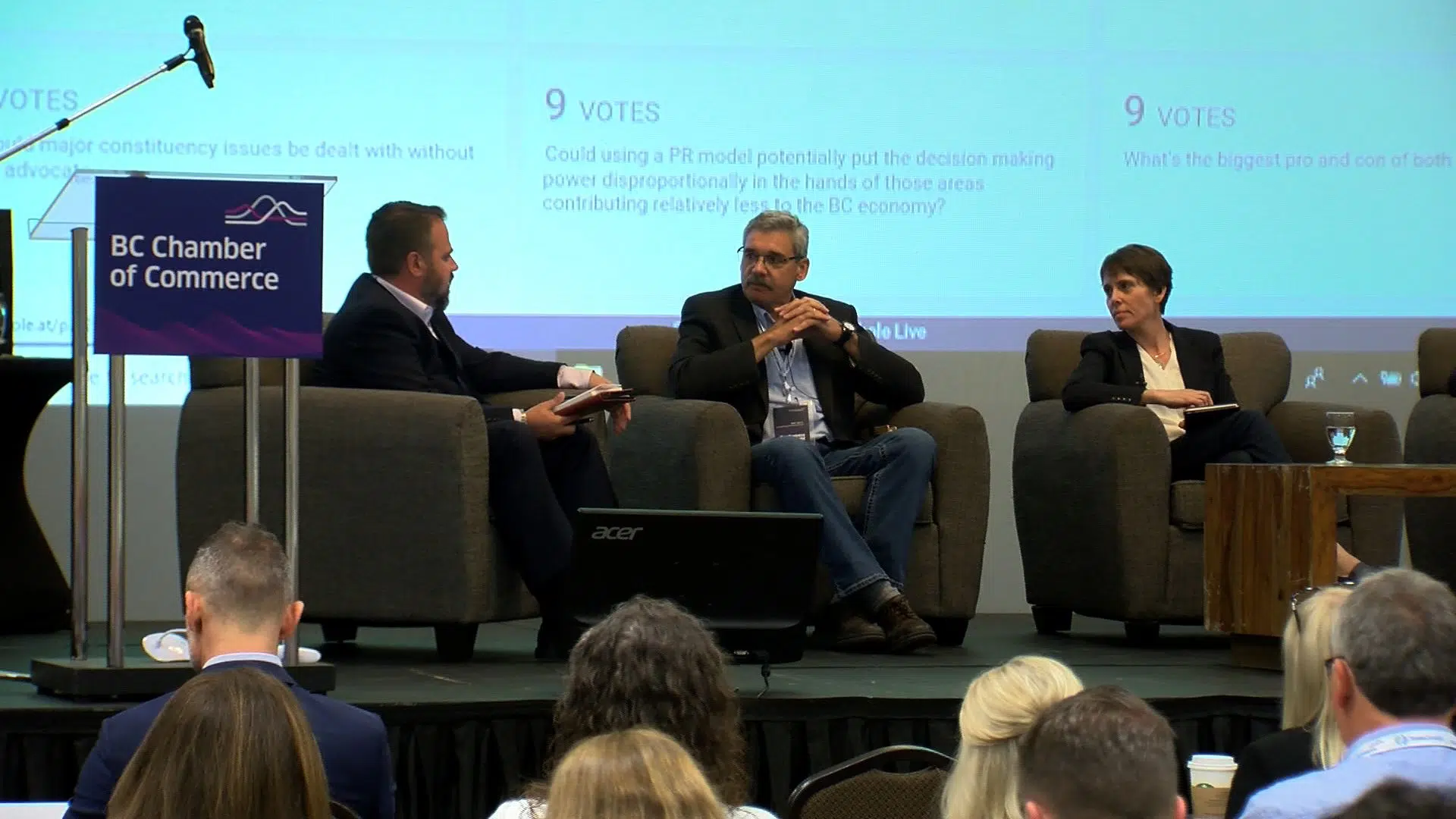
Debate on proportional representation shows province is split on electoral reform
KAMLOOPS — A vote on whether the province should switch its voting system to proportional representation will be decided this fall.
The NDP government has yet to formulate a question for the referendum, but it hasn’t stopped the debate about whether to keep the current first-past-the-post system or make the chance.


